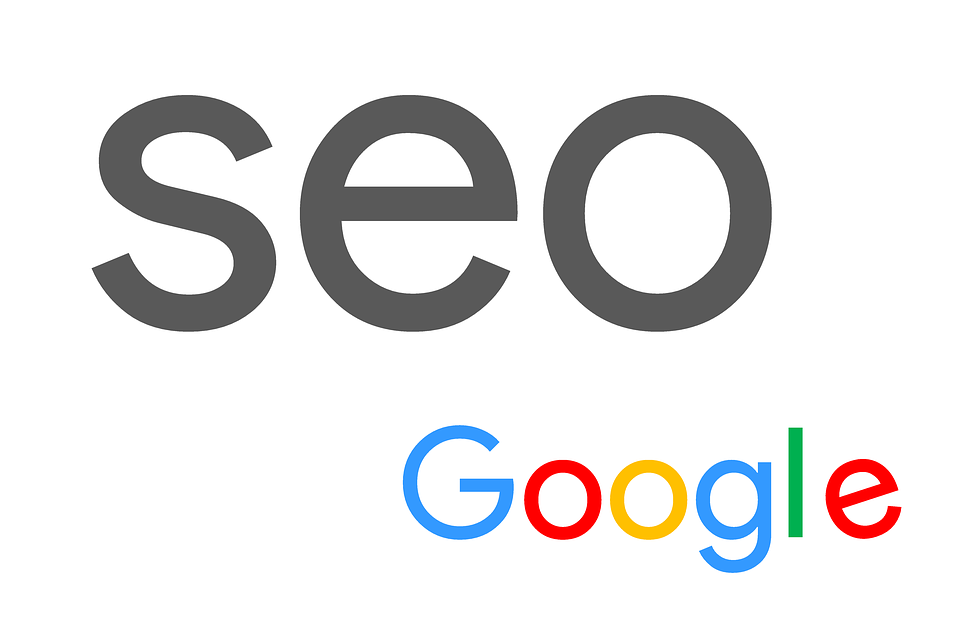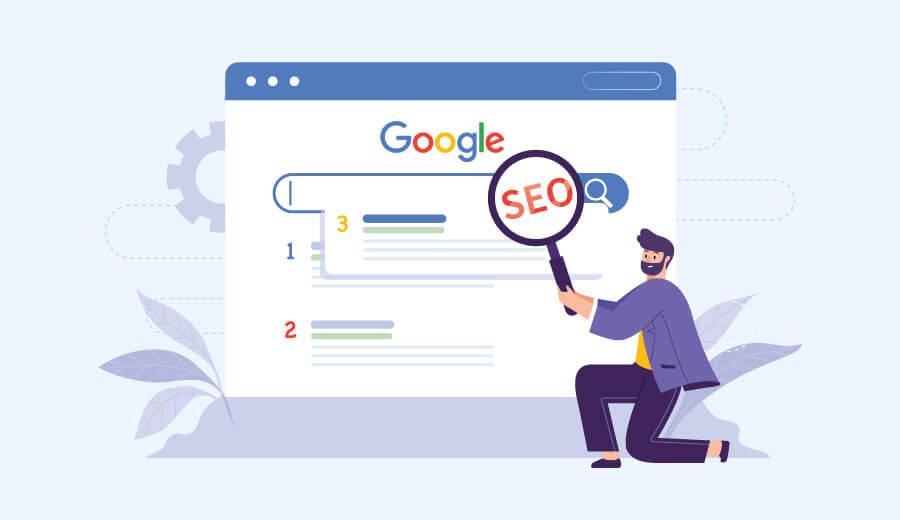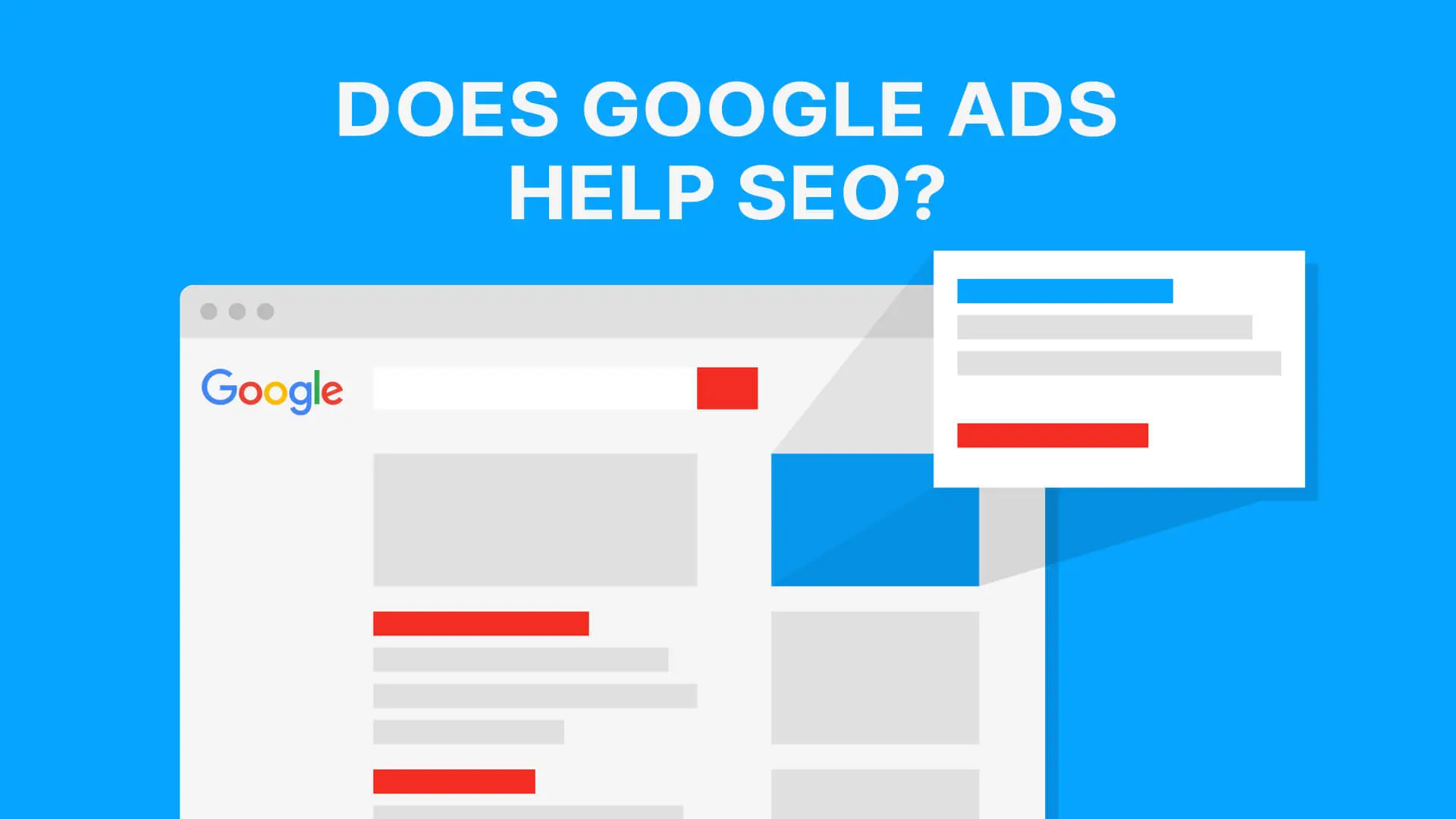The Evolution and Ethical Implications of Google SEO
Search engine optimization, commonly referred to as SEO, is the practice of increasing the quantity and quality of traffic to a website through organic search engine results. As the dominant search engine, Google is the main focus for most SEO efforts. From an AI perspective, the progression of Google's algorithms and approach to SEO provides insights into the company's values and the ethical implications of optimizing content for its search results.
The Early Days of SEO ‘Hacking’
In the early 2000s, Google's search algorithms were still relatively simple, prioritizing factors like keyword density and meta tag optimization. Savvy webmasters realized they could 'hack' the system by stuffing web pages with repetitive keywords and phrases to game higher rankings. This allowed sites with low-quality and autogenerated content to outperform expert-crafted sites with genuine value for searchers.
Google eventually caught on and began rolling out major algorithm updates to counteract manipulative SEO tactics. The era of heavy keyword stuffing and hiding text in the same color as page backgrounds came to an end. However, some SEOs continued finding loopholes, resulting in a sort of cat-and-mouse game between Google engineers and shady SEO practitioners. This demonstrated the underlying competitive nature of the relationship from the start.
The Rise of Content Creation and User Experience
In response to the early SEO exploits, Google updated its ranking factors to prioritize pages that satisfied search intent with expertise, depth, and uniqueness. High-quality, original content became imperative for rankings success, changing the nature of SEO from hacking to content creation and marketing.
Google also began utilizing user behavior metrics, judging pages by indicators such as bounce rates, time on site, and pages per session. This shifted SEO to focus more holistically on site quality, information architecture, page speed, and user experience.
Overall, Google aimed to reward pages that fulfilled searchers' needs, understanding this ultimately drives more business revenue through increased engagement, clicks, and conversions on its platform. The symbiotic relationship between searchers, content creators, and Google sits at the heart of the evolution of SEO from manipulation to value creation.
The Ethical Implications
As Google's reach extended deeper into web activity tracking and analytics, ethical questions around privacy, transparency, and the objectivity of its algorithms have emerged. Restrictions on access to data about updates and ranking factors make full transparency impossible, requiring SEOs to guessing and deduce what causes fluctuations.
There are also growing concerns around filter bubbles and polarization stemming from hyper-personalized search experiences defined by user behavior tracking and predictive algorithms. The order and presentation of information inevitably shifts perceptions, making Google's AI-driven curation of search problematic despite benefiting financial incentives.
Moreover, as emerging technologies like ChatGPT produce AI-generated text and content at scale, policies around automated content like page scraping, spun articles, and keyword stuffing will need to be adapted. Identifying and labeling AI or automated content is crucial for maintaining the integrity and quality of search engine results. The objectivity of Google's labels and policies with regards to emerging technologies will further define ethical standards in SEO.
The Incentives Behind Google's Algorithm Updates
As a profit-driven company, Google ultimately prioritizes changes that enhance its business metrics around ads, traffic volume, and data collection. To the company's credit, maximizing long-term revenue is aligned with satisfying users through engagement, comprehensiveness, and utility. But the incentives driving Google's product direction cannot be ignored when speculating why certain sites may be demoted despite perceived quality and usefulness.
Coming back to the early days of keyword stuffing and hiding text, those practices clearly degraded search quality for users. Eliminating them aligned with both users’ needs and Google’s bottom line. However, subtle modern updates shrouded in secrecy about slight index adjustments or ad display frequency tuning demonstrate further shifts of power over site visibility flowing towards Google.
Without clarity around what causes sudden traffic and ranking drops site owners are left confused and helpless, fully ceding SEO autonomy to Google engineering decisions. This opaqueness raises ethical questions around the long-term decentralization of power over information discovery and access rights.
Ongoing Evolution
For over 20 years Google has remained the dominant force in shaping SEO through ongoing search algorithm development. Relentless innovation around results relevancy demonstrates the company’s commitment to delivering quality search even as technology and digital capabilities accelerate exponentially.
However, optimizing for Google's systems in an effort to capture web traffic also reveals the increasingly centralized control they possess over site visibility. As AI like ChatGPT gains ground there will be renewed ethical debates on content automation and originality requiring Google to expose more detection methods to maintain transparency.
Ultimately Google sits on a precarious line between empowering information discovery and determining authority over knowledge availability. Their decisions profoundly impact businesses and lives, highlighting an ever-growing need for accountability as AI and automation swell into the next era of SEO.
Leave a comment
Your email address will not be published. Required fields are marked *










